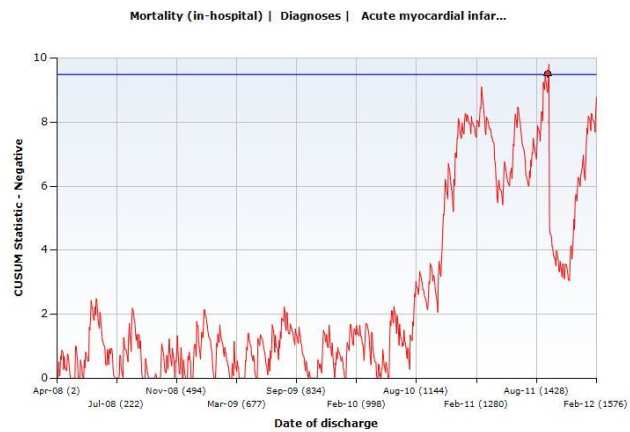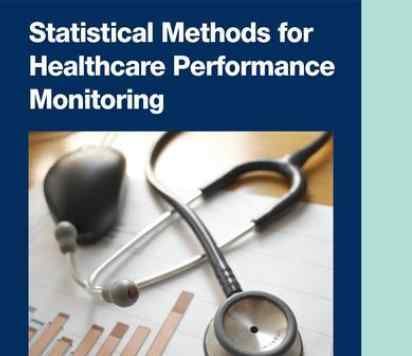Start and end dates
March 2014 to August 2016
Team
Workstream 1
The quantitative team includes:
Workstream 2
The interview team includes:
- Jonathan Benn
- Susan Burnett
- Paul Dawson
Project summary
Background
Since 2007, the Dr Foster Unit at Imperial College (DFU) has generated monthly mortality alerts using routinely collected hospital administrative data for all English acute NHS hospital trusts. A mortality alert is sent to a trust at no charge and a copy is sent to the Care Quality Commission (CQC). The CQC also run a mortality alerting system. When an alert is sent out from either system, the CQC writes to the trust and asks for a response, which is then logged. This joint mortality surveillance system was pivotal in alerting the then Healthcare Commission (HCC) to problems at Mid Staffordshire NHS Foundation Trust. The resulting Public Inquiry recommended that trusts should have systems that provide real-time information on mortality, patient safety and quality of care.

The research is split into two work streams. In workstream 1, we are looking to see if there is a relationship between mortality alerts and other routine data available for trusts. In this part of the research we are also looking at the data to assess the impact of the alerts on reducing avoidable mortality. The second part of the research is looking at the actual impact of the alerts on trusts, what they do with them; how they respond; whether there are any particular local factors that affect the response; and what actions are most effective.
Aims
- Improve the understanding of mortality alerts
- Evaluate the impact of alerts as an intervention to reduce avoidable mortality within English NHS hospital trusts
Outputs
Our final report for NIHR is currently under review. Journal articles are in preparation.
Privacy notice
The Dr Foster Unit at Imperial College London uses your health information for a number of purposes. The Dr Foster Unit GDPR Privacy Notice (PDF) provides a summary of how we use your information.
